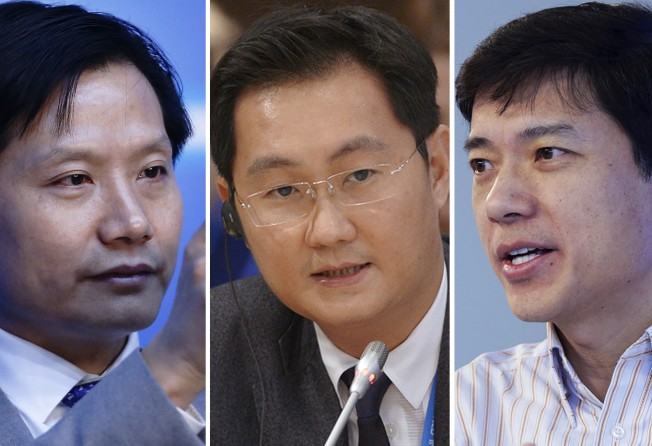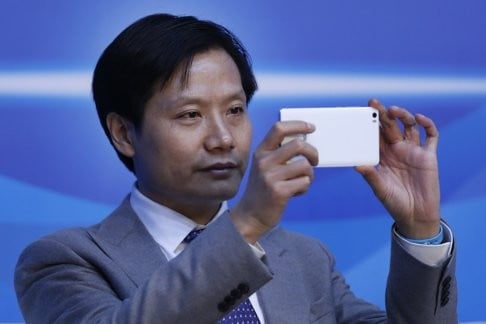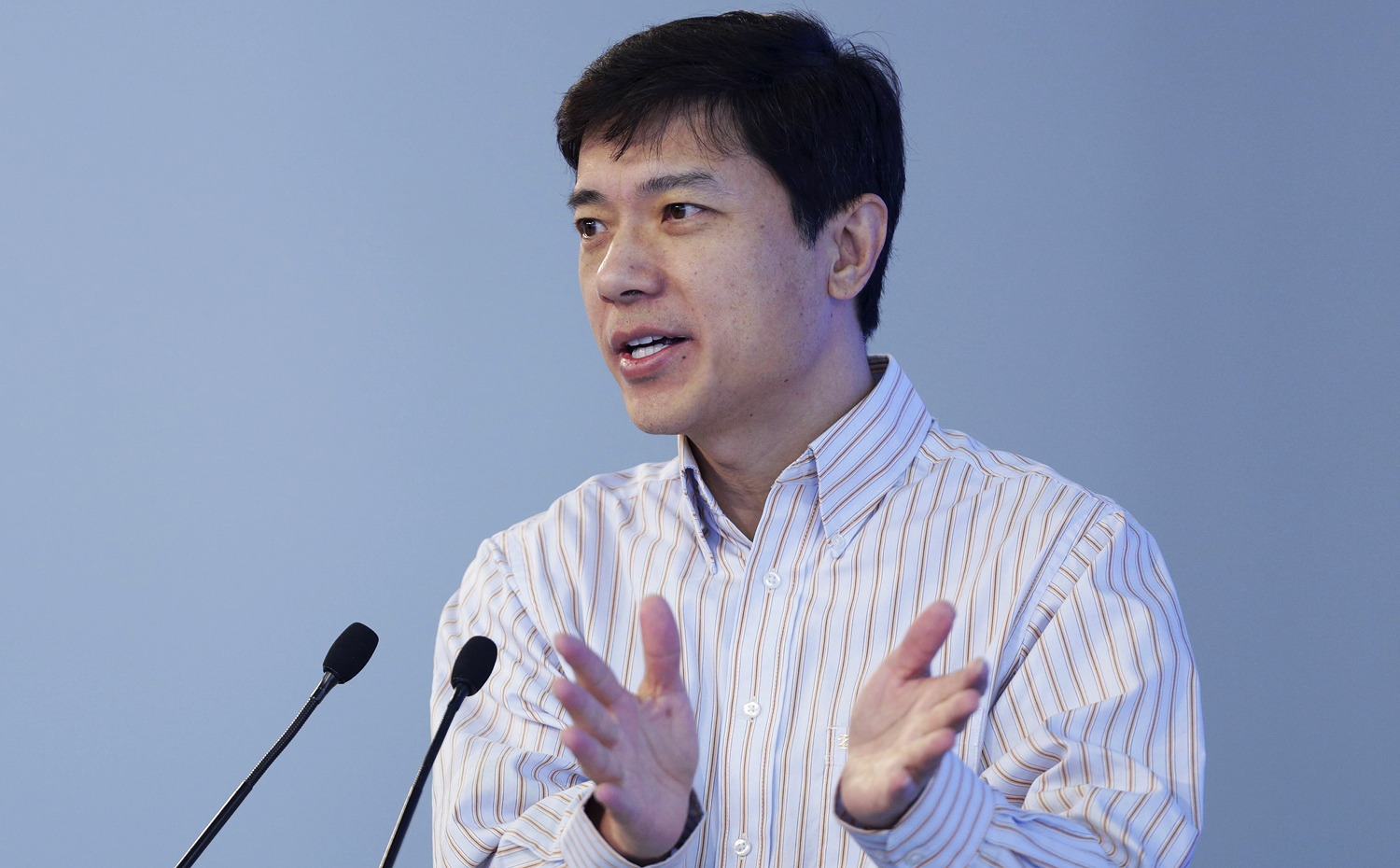What are the next big things in the world of high technology? Let China’s internet giants tell you
Tencent, Baidu and Xiaomi have their eye on online hospitals, intelligent everyday tools and virtual reality

It may not mean much for people outside the tech sector, but for insiders, it’s a glimpse of the big picture envisaged by China’s internet giants. And they’re seeing vast potential in online health care, artificial intelligence, and even the possibility of brainwave communication.
Tencent is building an “internet hospital”, its CEO Pony Ma Huateng told the World Internet Conference in Wuzhen, Zhejiang province, on Thursday.
“There are more and more opportunities for the internet to connect with health care,” Ma said in a speech at China’s biggest internet event. The hospital, set up in Wuzhen, would provide long-distance diagnoses and medicine delivery.
Baidu CEO Robin Li Yanhong said big data could help make people healthier by examining which medical practices worked as well as which human genes were causing diseases. Health tips could be tested out online by linking the community of people practising them, he said.
The next big thing, according to Li, was artificial intelligence, as people’s daily devices became smarter thanks to an increased computing ability.
“What used to be impossible will become possible,” he said. “AI will replace most of people’s simple intelligent work ... AI will have a greater impact than the industrial revolution on humanity.”
Baidu is developing its driverless-car system, which Li demonstrated to Chinese President Xi Jinping at the conference.
“It has laser radar as its eyes and a computer as its brain. It is more of an intelligent machine than a car,” Li said.
Tencent’s Ma believes that the new way in which humans and their machines are interacting will revolutionise the tech industry.
Ma said virtual and augmented reality might become a new way of interaction. Retina projectors on glasses might replace computer screens and even brainwave communication was a possibility, he said.
Chinese smartphone maker Xiaomi’s CEO Lei Jun also saw potential in virtual reality. The VR sector, though still in its early stages, would likely mature in the next three to five years, he said.
Lei was also optimistic about the robotics industry.

In April, Ninebot acquired American firm Segway, which invented the eponymous two-wheeled motorised personal vehicle that failed to go mainstream in consumer markets.
Nokia board member Risto Siilasmaa said in a panel at the internet conference on Thursday that digital health and virtual reality were the technologies that would transform the future.
“Premier Li Keqiang has been advocating new growth opportunities, and Nokia will be here to work hand in hand with China [to achieve these],” he said.
Siilasmaa said the internet had first to become ubiquitous and dependable enough to ensure
interconnectedness no matter users’ locations before technologies such as remote medical treatment and autonomous vehicles could be used reliably in real-time.
